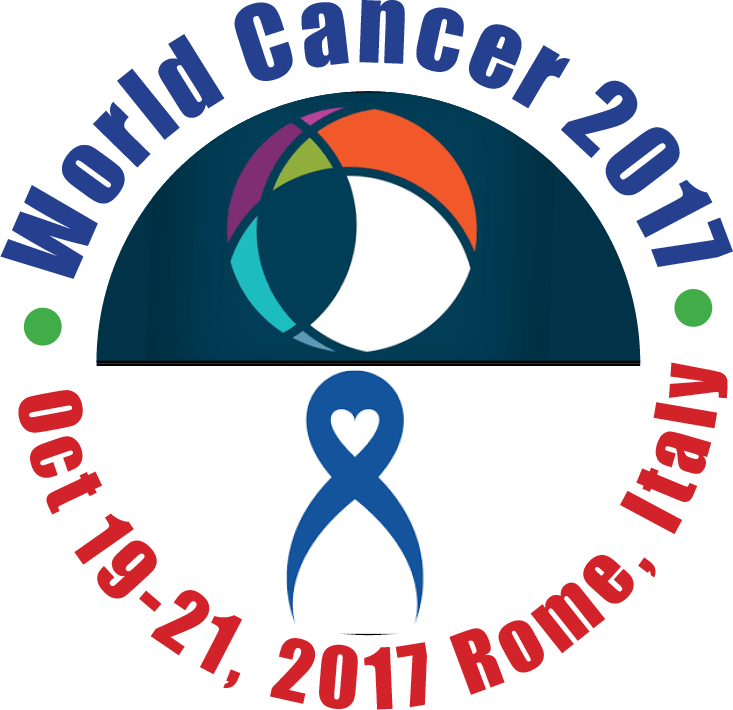
Biography
Biography: Esma Oguz
Abstract
Colorectal cancer (CRC) is one of the most common types of cancer and the fourth leading cancer deaths all around the world. Many risk factors such as tobacco and alcohol consumption, over consumption of red and processed meat, age, physical activity, body weight, diet, inflammatory bowel disease, obesity and diabetes are associated with colorectal cancer. Another factor in the development of colorectal cancer is microbiota. Microbiota consist of bacteria, viruses, fungi and parasites that colonize the gastrointestinal tract from the mouth to the colon. Microbiota influences physiological functions from the maintenance of barrier homeostasis locally to metabolism, haematopoiesis, inflammation, immunity and other functions systemically. The composition of microbiota is related to various diseases such as cancer, non alcoholic fatty liver disease, obesity. Studies show that microbiota plays a role in the etiology of various types of cancer by affecting inflammation, DNA damage and apoptosis. Microbiota has a great influence on immune responses and chronic inflammation is a known risk factor for colorectal cancer. Colon mucosa is constantly exposed to intestinal microbiota and its metabolites, it has the potential of continuous low-grade inflammation with bacterial stimulation of immune responses. Gut dysbiosis is largely associated with direct hostility to colonic cancer or metabolic change. Studies show that various bacterial species include the pathogenesis of CRC. Functional different bacterial species are involved in tumor microbiology during tumorigenesis. For example, some potential pro-oncogenic pathogens such as enterotoxigenic B. Fragilis and Escherichia-Shigella may induce tumor formation. The tumor cells are located in the nucleus of the immune cells, which serve both the pro- and antitumor immunity and can be shaped by the resident microbiota even after progression to the CRC. Microbiota, immune system, and CRC are multifactorial associations that should deeply consider.

